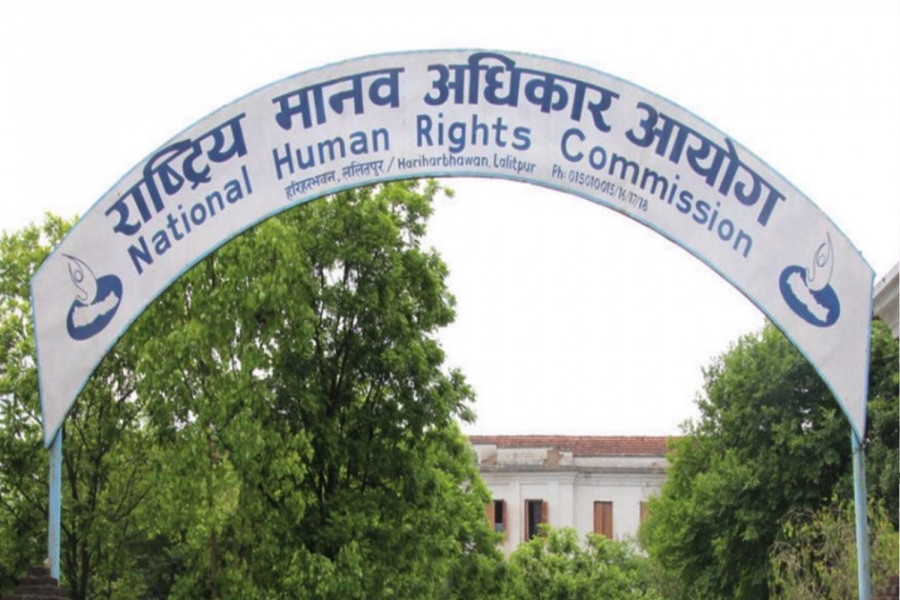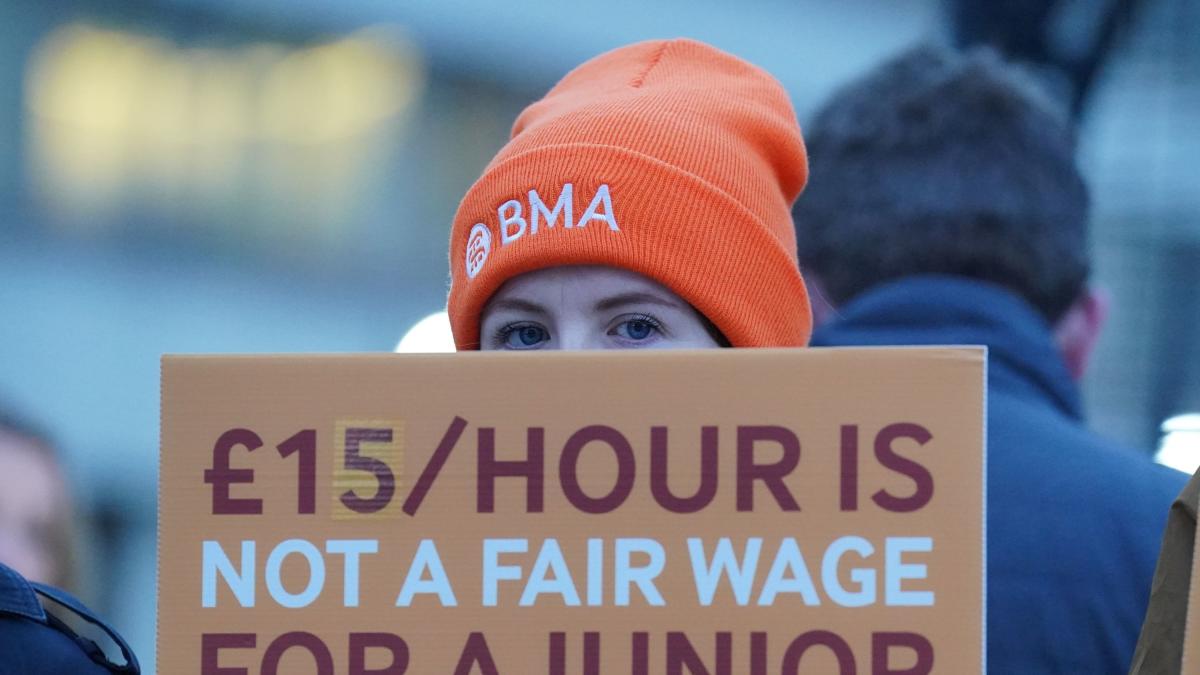NHRC wants that war crimes and crimes against humanity cannot be amnestied

The National Human Rights Commission has stated that the Enforced Disappearances and Truth and Reconciliation Commission Act must include war crimes and crimes against humanity as serious human rights violations while ensuring justice for former Maoist child soldiers.
The constitutional human rights organization made its position public while the three major parties were working to finalize the draft amendment to the law, which is currently being discussed in a parliamentary committee. Neither the existing law nor the draft amendment includes war crimes, crimes against humanity or the problems of child soldiers.
In its report, “National Human Rights Commission and Transitional Justice,” the Commission’s statement states that, in addition to murder, enforced disappearance, abduction or disappearance following abduction, torture, rape or other sexual violence, war crimes and crimes against humanity should also be classified as non-amnestable crimes.
The 150-page report, which the commission will present on Monday, sets out its position on the long-pending transitional justice process and documents its efforts to bring justice to victims of war-time human rights abuses. Since its establishment in 2002, the commission has investigated 1,073 cases related to the 1996-2006 insurgency and recommended action against 222 individuals, including the former interior minister and the chief of the Nepal police force.
After several governments failed to follow its recommendations, the Commission published the list of perpetrators in October 2020 and January 2024.
The negotiators have still not made a final decision on whether murder should be classified as a serious human rights violation. Despite lengthy negotiations, they have not yet managed to resolve the issues of underage Maoist soldiers and the reduction of sentences. They also disagree on whether victims who refuse reconciliation should be brought to justice.
The Commission’s report states that the killing of unarmed persons, regardless of their involvement in the conflict or of persons not directly involved in the fighting, is a serious violation of human rights. There can be no amnesty for serious human rights violations, including war crimes and crimes against humanity. According to the Commission, an amnesty for other human rights violations is only possible with the written consent of the victims.
“Those who refuse pardon should be allowed to appeal under existing laws,” the report says. “The Truth and Reconciliation Commission must look into the cases of victims who lost their lives or were injured by landmines laid during the insurgency, even after the peace process began.” The concerns of Maoist child fighters must be addressed by law to ensure that they receive justice, according to the commission.
The use of minors in armed conflicts is a war crime under international law. The ruling Maoist center therefore does not want to include this issue in the law.
During the screening process for integration into the army conducted by UNMIN in 2007, thousands of Maoist fighters were disqualified due to their minority status. Of the 4,008 fighters who did not qualify for integration, 2,973 were classified as minors, while the remaining 1,035 had joined the Maoist “People’s Liberation Army” after the first ceasefire on 26 May 2006 – six months before the signing of the peace agreement.
The government had provided between 500,000 and 800,000 rupees to each fighter who voluntarily withdrew, but those who were not eligible received no significant support other than a few thousand rupees from the United Nations.
A group of former child soldiers led by Lenin Bista has filed a petition in the Supreme Court demanding the prosecution of the then Maoist commander-in-chief, Pushpa Kamal Dahal, now the country’s prime minister, and the then head of the “people’s government”, Baburam Bhattarai, who is also a former prime minister. The final hearing of the petition is scheduled for September.
Unlike in other issues, the commission is on the side of the political parties when it comes to reducing sentences. “The prison sentence of convicts who meet the criteria (offenders cooperate in the investigation process) can be reduced to at least 25 percent under existing laws,” the report says. “The criteria for a sentence reduction can be set out in the law.”
Commissioner Surya Dhungel said her position was based on international practice, where reduced sentences were common in the transitional justice process.
The commission has also reiterated that it will only send its representative to the panel formed to recommend officials in the two transitional justice mechanisms if the parties concerned commit to amending the law. “We stand firm in our decision. The commitment of the top political leadership is a prerequisite for the commission to send its representative to the recommendation committee,” Dhungel said.



